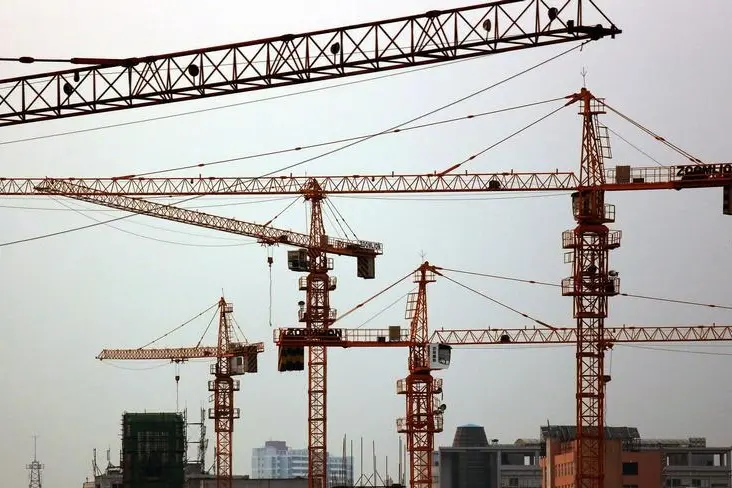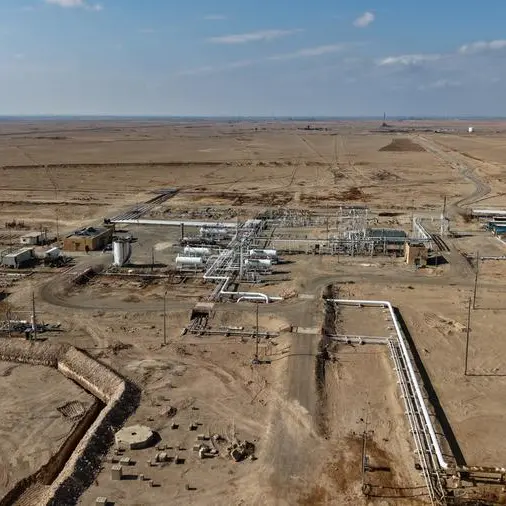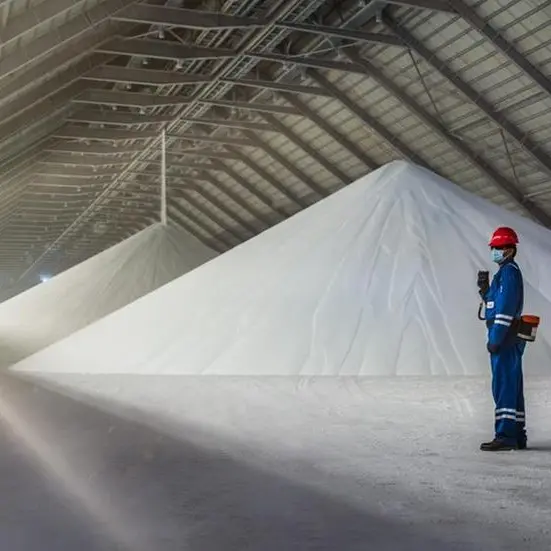PHOTO
With more than $14bn worth of infrastructure projects in the pipeline, including a massive port expansion, a new international airport and a 750-km electrified railway to Ethiopia, Djibouti is looking to build on its status as a gateway to East Africa's markets.
Djibouti handles the majority of trade volumes for Ethiopia, and with that country's rapid economic expansion, there is a clear need for Djibouti to expand capacity, particularly as competition increases from nearby ports, such as Kenya's planned Lamu installation and the potential development of facilities at Berbera in Somaliland.
Amidst unrest elsewhere in the Horn of Africa and nearby Yemen, Djibouti is also hoping to capitalise on the security of its transport facilities to serve the roughly 400m landlocked consumers of East Africa.
"Even before Dubai, Singapore and Hong Kong, the economic and maritime hubs in the region were Aden and Djibouti," Abubaker Omar Hadi, chairman of the Djibouti Ports and Free Zones Authority (DPFZA), told media in May. "We know what to do to regain our place."
Maritime power on the riseLocated along the Bab al Mandeb Strait at the intersection of key international shipping lanes connecting Africa, Asia and Europe, Djibouti's facilities serve as the primary ports of entry for roughly 90% of neighbouring Ethiopia's trade volumes. The benefits of serving the 94m-person Ethiopian market - which saw growth of more than 10% last year and is forecast to expand by 8.6% in 2015, as per IMF figures - for 800,000-person Djibouti are clear.
According to the DPFZA, the number of containers handled at the country's ports have risen five-fold over the past decade, to 830,000 containers. "More and more shipping lines are interested in Djibouti; we are now making the way to be a Dubai, even Singapore," Suleiman Ahmed, a senior executive at the Doraleh Container Terminal (DCT), told press in May.
Chinese interestThe increase in East African trade activity - and the potential it offers for Djibouti's transport infrastructure - has attracted the attention of China, which is heavily involved in the construction and financing of major infrastructure projects in the country.
Chinese banks are financing most of the $14.4bn worth of infrastructure projects taking place in Djibouti, which will see six new docking terminals - each with a focus on specific commodities, including oil and gas, minerals and livestock - adding to the two terminals already in operation.
Among the proposed infrastructure projects is a $590m joint investment by Djibouti Port and China Merchant Holding to upgrade the Doraleh Multipurpose Port to four terminals for handling rolling cargoes and vehicles. A $64m upgrade at the Port of Ghoubet is also taking place, with the new terminal expected to start shipping salt exports from Lac Assal by the end of this year.
In Damerjog, operations are forecast to begin at the end of 2016 at a new $70m livestock terminal, while a new $160m facility at the Port of Tadjourah for bulk commodities like potash, is set to launch first-stage operations by March.
The new investments will help strengthen existing facilities at the DCT, a joint enterprise between the government of Djibouti and the UAE's DP World.
While the financing for such large-scale infrastructure projects will increase Djibouti's already sizeable debt to China, the government is banking on strong economic dividends to repay loans. The DPFZA projects that the port upgrades and a new free trade zone could bring up to 200,000 jobs to the roughly 50% of Djiboutians who remain unemployed, according to the IMF.
Strategic interestThe Chinese government is also reportedly looking to establish a permanent military base in Djibouti's northern port city of Obock, according to local press reports.
The city-state nation is already host to several foreign military bases, including those of the US, France and Japan. In May the US renewed a twenty-year lease on Camp Lemonnier, the country's sole permanent outpost on the continent, for $70m per year in lease fees - double the rate under the previous agreement. The US also reportedly plans to make more than $1bn worth of upgrades to the base and surrounding facilities over the lifetime of the new contract.
© Oxford Business Group 2015





















